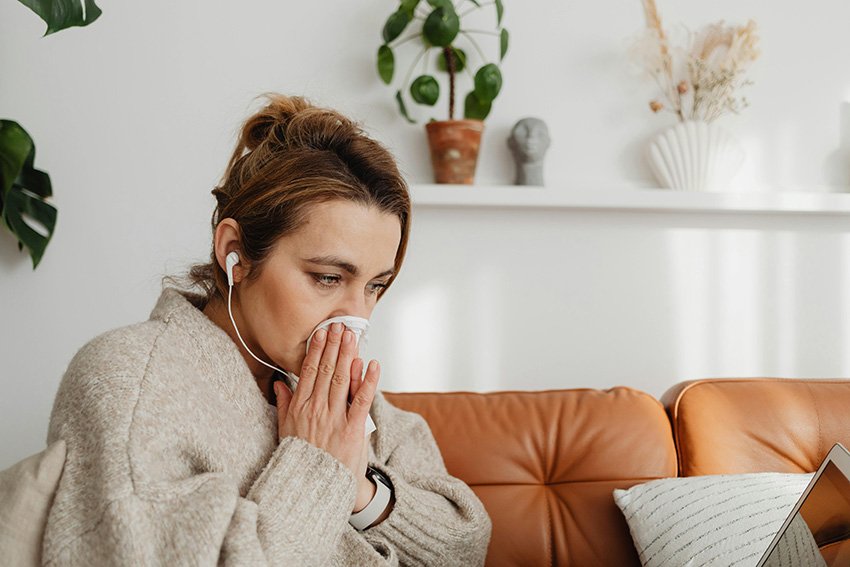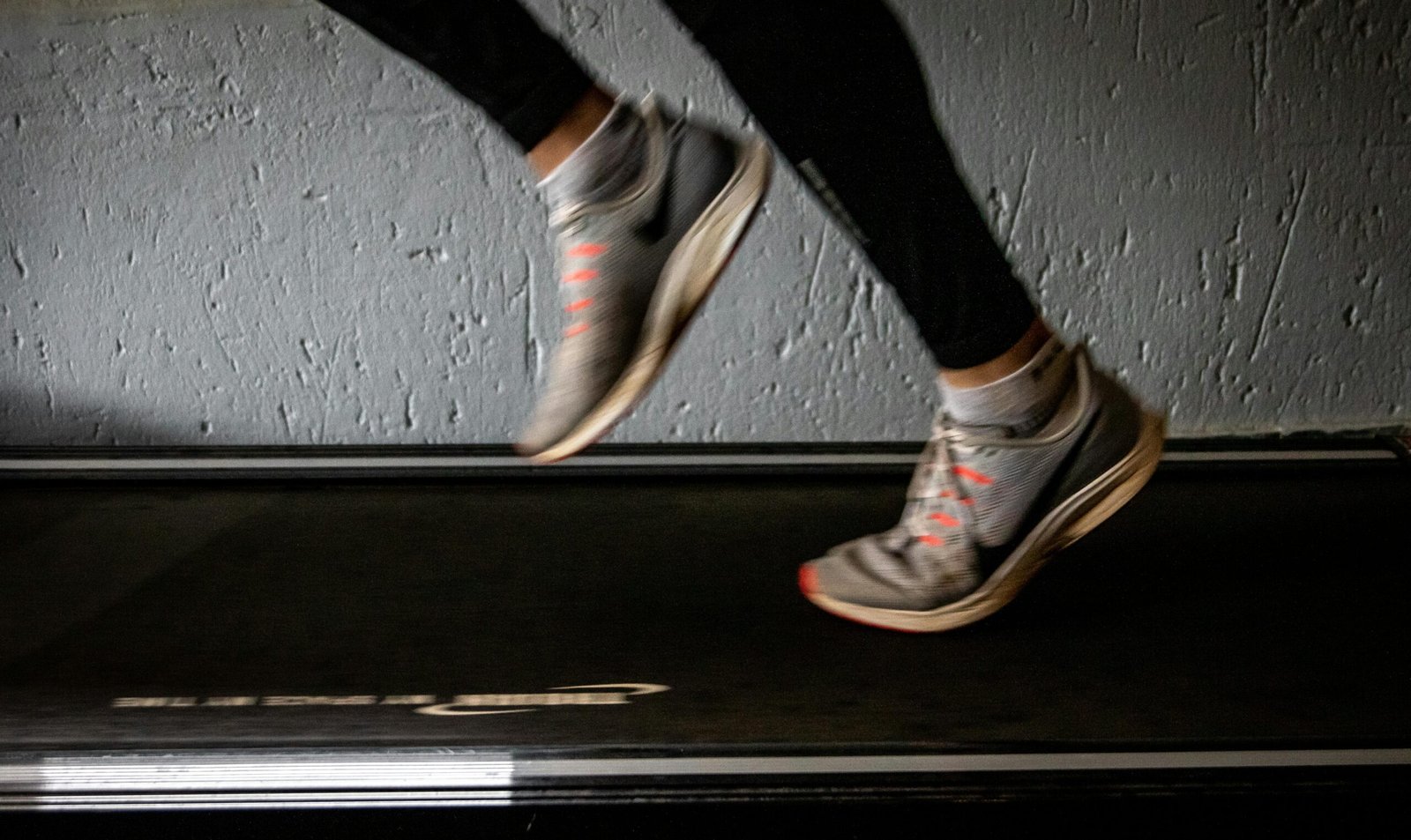TPV FITNESS BLOG

Should You Work Out When You're Not Feeling Well?
It’s a question many fitness enthusiasts face at some point: should you hit the gym or go for a run when you’re feeling under the weather? While staying consistent with your workouts is key to progress, pushing through sickness can sometimes do more harm than good. Let’s dive into the science, signs, and best practices to help you decide whether to exercise when you’re not feeling your best.
Listen to Your Body
Your body is remarkably good at telling you when something isn’t right and it’s crucial to listen to those signals. There’s a big difference between being slightly fatigued and truly unwell. Fatigue from a tough day or soreness from a workout can usually be overcome with a gentle session. However, if you’re feeling sick—whether it’s a sore throat, headache, or stomach upset—it’s essential to take a step back and evaluate the severity.
The “Neck Rule”
A helpful guideline many athletes follow is the “neck rule.” If your symptoms are above the neck, such as a runny nose, mild sore throat, or sneezing, it might be safe to engage in light to moderate exercise. In fact, some studies show that moderate exercise during a mild cold can help improve mood and temporarily relieve nasal congestion.
However, if your symptoms are below the neck—like chest congestion, body aches, fever, or digestive issues—it’s best to skip your workout. These symptoms indicate that your body is working harder to fight off an infection, and pushing it with exercise could prolong your recovery or worsen your condition.
When Rest Is Best
Here are a few scenarios when resting is the better choice:
1. Fever: If you have a fever, your body is already fighting an infection and raising your temperature. Exercising in this state increases dehydration and strain on your heart, making it dangerous.
2. Flu-like symptoms: Muscle aches, chills, and fatigue associated with the flu require rest. Your immune system needs all the energy it can get to combat the illness.
3. Stomach bugs: Nausea, vomiting, or diarrhea indicate dehydration risks. In this case, it’s important to stay hydrated and avoid exertion, which can lead to further dehydration.
4. Chest congestion: Exercising with chest congestion can make it harder to breathe and worsen inflammation, possibly leading to complications like bronchitis or pneumonia.
When Light Exercise Can Help
On the flip side, when your symptoms are mild or you’re recovering from a cold, a little movement can actually be beneficial. Here are some options:
• Walking: A gentle walk can get your blood circulating and help you feel more energized without pushing your body too hard.
• Yoga or Stretching: Low-impact activities like yoga can help you stay flexible and boost your mood without exhausting your immune system.
• Light Jogging or Cycling: If you’re feeling up to it and your symptoms are mild, a short, low-intensity workout can give you an endorphin boost without compromising your recovery.
The Importance of Rest
Rest is often undervalued but is an essential component of both illness recovery and overall fitness. A few days off won’t ruin your progress, and in many cases, allowing your body to rest can lead to faster recovery and better performance once you return to your routine.
Pushing through illness can delay your recovery, meaning you may have to take even more time off from exercising in the long run. Give your body the time it needs to heal, and you’ll bounce back stronger.
Preventing Illness While Staying Active
A healthy immune system is your first line of defense against illness, and a well-rounded fitness routine supports it. Here are a few tips to help reduce the chances of getting sick in the first place:
• Stay hydrated: Water helps your body flush out toxins and keeps your immune system running efficiently.
• Get enough sleep: Quality sleep is essential for immune function and muscle recovery.
• Eat a balanced diet: Nourish your body with a variety of fruits, vegetables, and lean proteins to maintain a strong immune system.
• Practice good hygiene: Wash your hands regularly, and clean gym equipment before and after use to avoid spreading germs.
• Working out when you’re not feeling well is a personal decision, but it should be made with your health as the top priority. If you’re unsure, it’s always better to err on the side of caution and rest. In the long run, your body will thank you for giving it the time it needs to recover.
When in doubt, listen to your body, follow the “neck rule,” and consult a healthcare provider if symptoms persist. Stay healthy and strong by balancing your love for fitness with smart self-care!
-Coach Steph.


